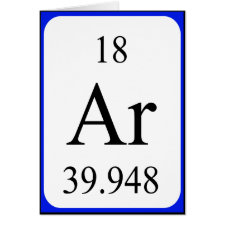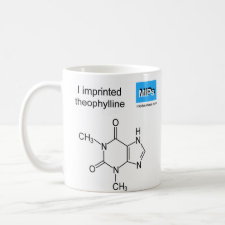
Authors: Yan H, Row KH
Article Title: Characteristic and molecular recognition mechanism of theophylline monolithic molecularly imprinted polymer.
Publication date: 2006
Journal: Journal of Liquid Chromatography & Related Technologies
Volume: 29
Issue: (10)
Page numbers: 1393-1404.
DOI: 10.1080/10826070600674778
Alternative URL: http://www.informaworld.com/10.1080/10826070600674778
Abstract: A monolithic molecularly imprinted polymer (MIP) with specific recognition ability for theophylline was prepared by in-situ therm polymerization, using acrylamide as a functional monomer, ethylene glycol dimethacrylate as a cross-linking agent, toluene and dodecanol as porogenic solvents and 2,2'-azobisisobutyronitrile as initiator. Scanning electron microscopy and an accelerated surface area and porosimetry system were used to identify the structural features of the MIP. The results show that the large through-pore structure allows mobile phase to flow through the MIP column with a low back pressure, and the other pores lead to the molecular recognition. Some chromatographic conditions such as the composition of the mobile phase, flow rate, and temperature were characterized and illustrated by a homologous series of xanthine derivatives, theophylline and caffeine. Effects of molecular recognition were also discussed and the possible recognition mechanisms were hydrogen bonding and hydrophobic interactions between the theophylline molecule and the MIP
Template and target information: theophylline
Author keywords: monolithic column, molecularly imprinting polymer, in-situ polymerization, theophylline



Join the Society for Molecular Imprinting

New items RSS feed
Sign-up for e-mail updates:
Choose between receiving an occasional newsletter or more frequent e-mail alerts.
Click here to go to the sign-up page.
Is your name elemental or peptidic? Enter your name and find out by clicking either of the buttons below!
Other products you may like:
 MIPdatabase
MIPdatabase









